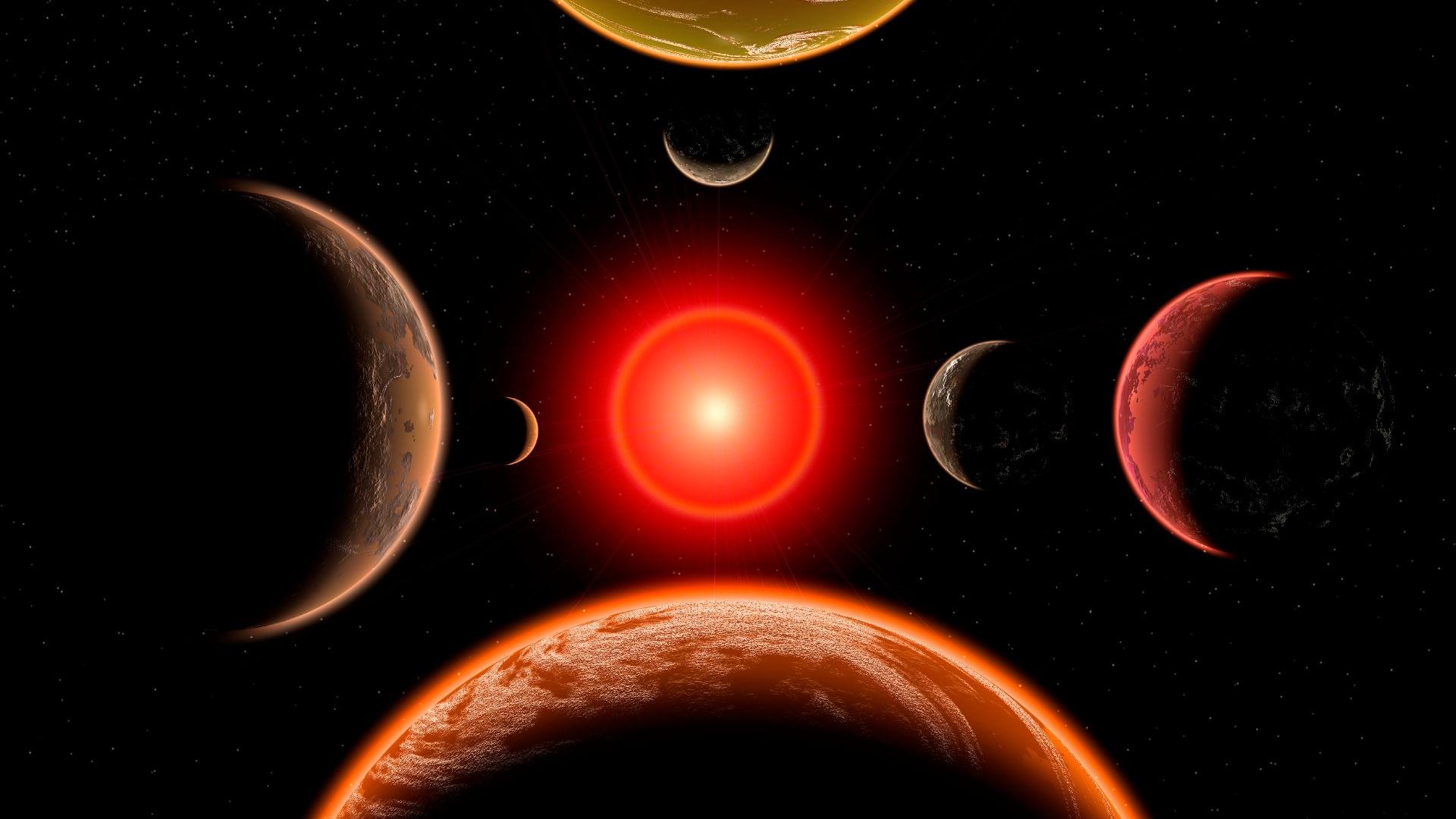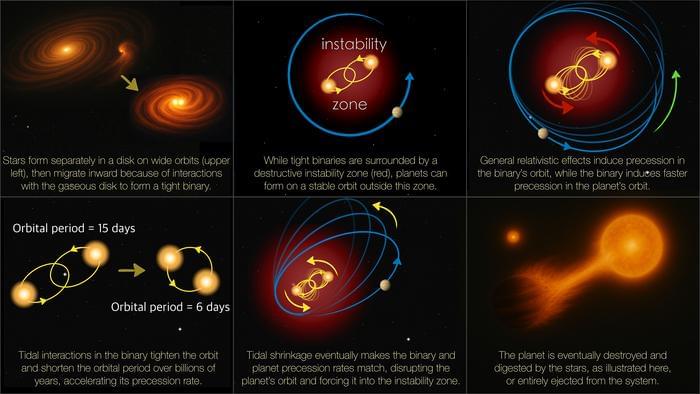On December 9, the National Academies of Sciences, Engineering, and Medicine (NASEM) released a landmark report, A Science Strategy for the Human Exploration of Mars, laying out a comprehensive case for future crewed Mars missions. The report, authored by the Committee on a Science Strategy for the Human Exploration of Mars that was co-chaired by Prof. Dava Newman, defines the highest-priority scientific objectives for humans on the Martian surface.
At the top of the list: searching for evidence of past or present life. “We’re searching for life on Mars,” said Newman in an interview with Ars Technica. “The answer to the question ‘are we alone?’ is always going to be ‘maybe,’ unless it becomes yes.”
The report identifies 11 top science goals for initial human missions, including biosignature/habitability experiments and water and CO₂ cycle studies, geology mapping, radiation monitoring, dust-storm research, and assessments of how Martian conditions affect humans and ecosystems.






